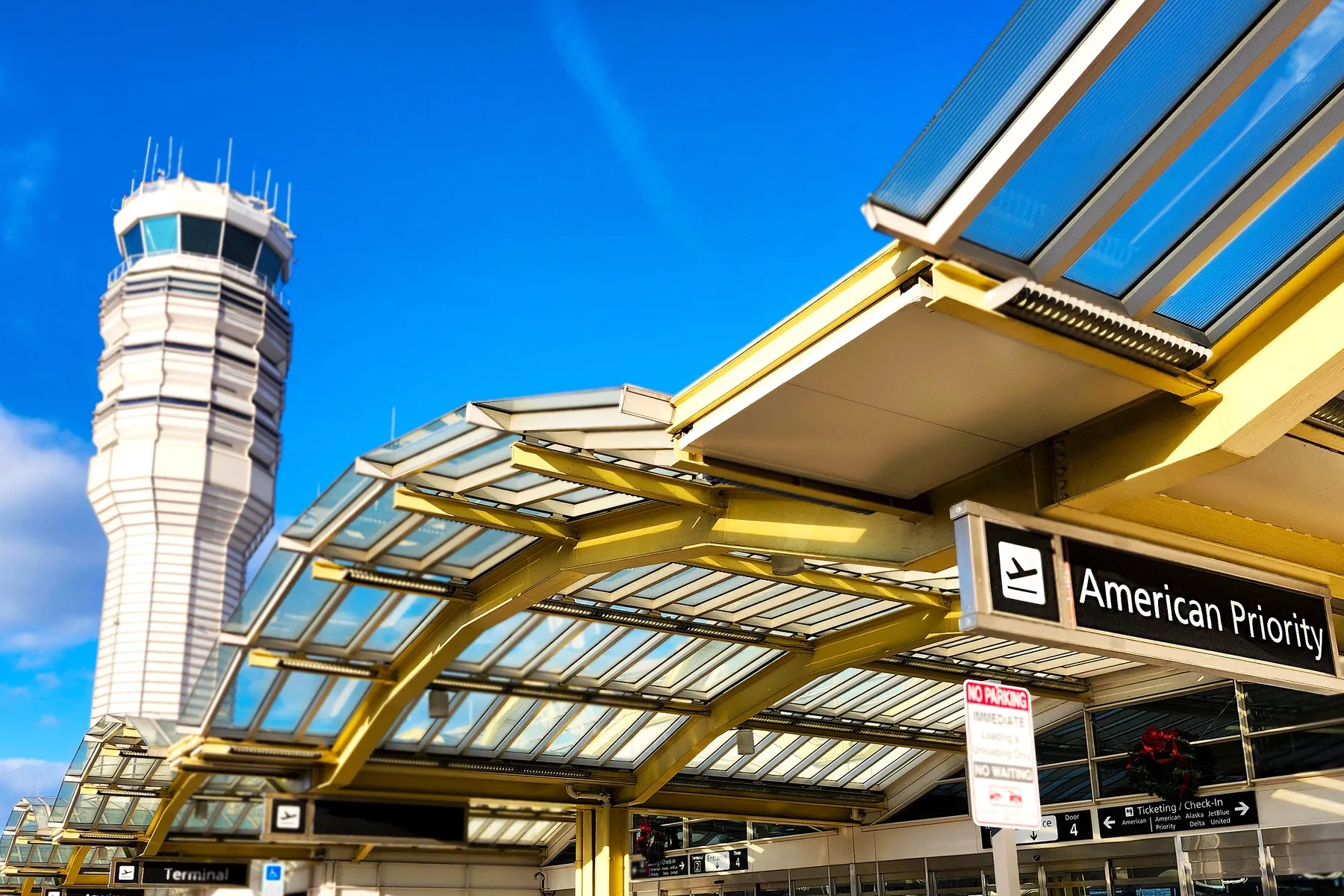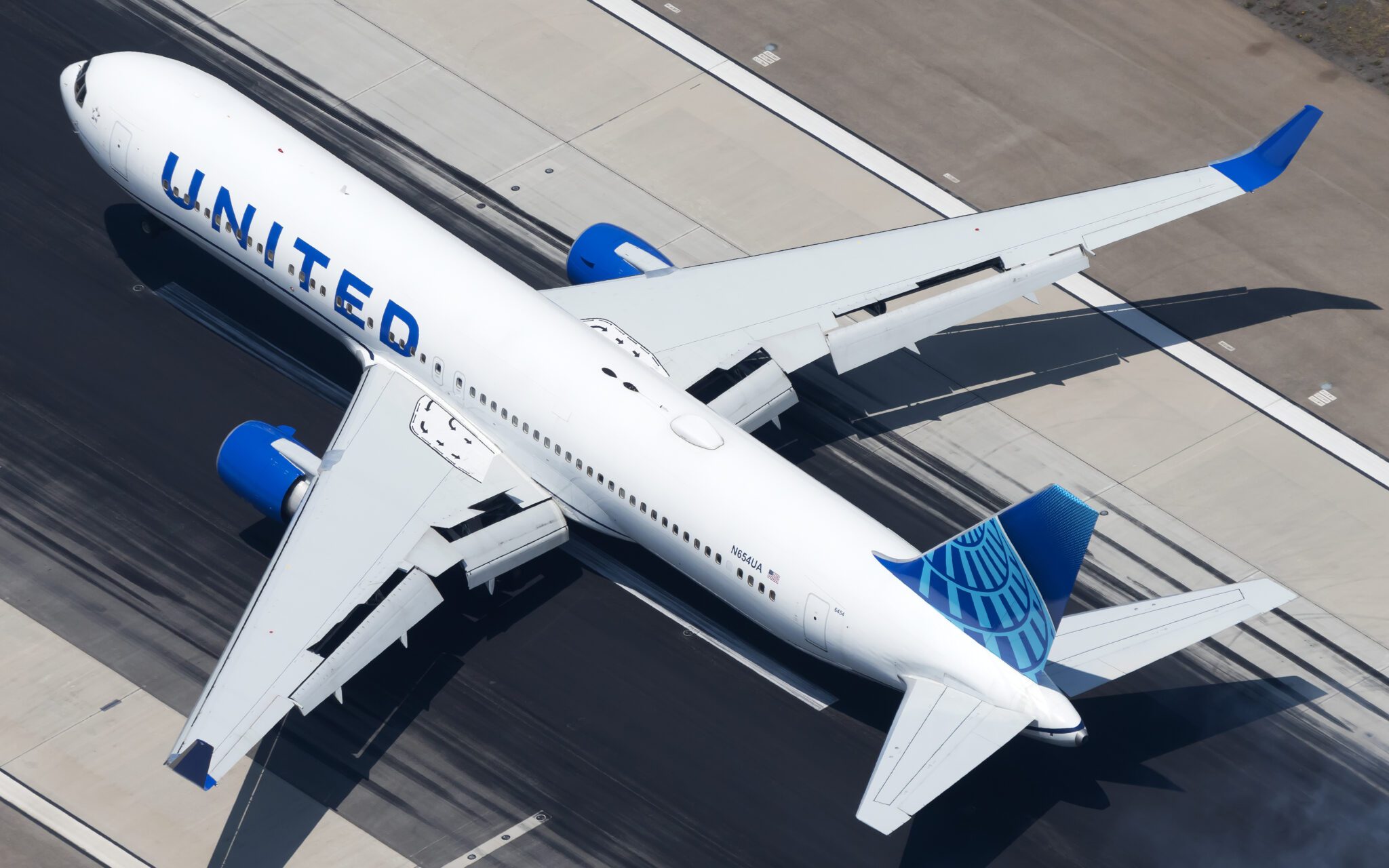How Housekeeper Concerns Drive Hotel May Day Rallies

Skift Take
Some unionized hotel workers will participate in May Day rallies across the U.S. and Canada on Wednesday, pushing for more employee fairness and wage increases, especially as the hotel industry bounces back from the pandemic.
According to Unite Here — a labor union representing about 300,000 workers, including hospitality staff — about 230 union contracts will go up for renegotiation this year, covering around 40,000 hotel workers. But one role on the hotel staff is key to what’s driving these rallies: the housekeepers.
Last year, Marriott, Hilton, and Hyatt staff in Chicago, for example, negotiated for daily room cleaning and a minimum wage of $25 per hour, according to a release.
Unite Here prepared a rallying cry for Wednesday: “Respect our work, respect our guests.” To the union members, the employee experience translates to the guest experience.
Rallies are slated to start between 4 and 5 p.m. local time in 19 towns and cities, including tourism hubs like Miami but also communities like Greenwich, Connecticut.
Skift spoke with representatives from Unite Here local unions in the Boston, Toronto, and San Francisco areas to learn more about what’s driving these rallies. Marriott and Hilton did not immediately respond to Skift’s requests for comment.
Daily room cleaning
Some housekeeper contracts mandate daily room cleaning, while others do not. As a result of the pandemic, automatic daily cleanings became less common. According to the union, hotels “trained” guests to expect less frequent service, even though pandemic restrictions have dropped. But this doesn’t ease the workload for room attendants.
“If a room goes multiple days without cleaning, it's dirtier and harder for housekeepers to clean,” said a spokesperson on behalf of Unite Here and its San Francisco area local union. This makes turnovers and occasional cleanings more physically demanding for housekeepers, especially when a hotel is understaffed.
Fewer cleanings, more chemicals
The Toronto area union noted that more chemicals need to be used in these cases, too. Mahmoud Shabeeb, senior communications specialist for Unite Here Canada, also said that hotels may give guests “misleading excuses” as to why their rooms won’t be cleaned for three days.
“When rooms are not cleaned every day… they require more chemicals which are harmful to the environment, to the people who are cleaning, even to the fabrics that they're cleaning,” Shabeeb said.
How far should wage increases go?
A spokesperson for the American Hotel and Lodging Association said in a statement, “There’s never been a better time to be a hotel employee.” The spokesperson said hotels are looking to hire more staff. As of preliminary February data from the U.S. Bureau of Labor Statistics, average U.S. hotel wages reached $23.84 an hour. Average hotel wages have generally gone up in the U.S. since the pandemic.
Shabeeb noted that, while wages can be in that range, attendants may only have 30 minutes to clean a room. This time doesn’t vary based on how long a room hasn’t been cleaned. According to the Unite Here spokesperson in San Francisco, this happens in the U.S., as well.
The Boston spokesperson said understaffing has led to task overloading. The cost of living in the city is well above the national average, leading the union to push for higher hourly wages as Boston tourism recovers. While hotel wages have gone up, the unions still don’t believe it’s in line with inflation.
“Whatever they are paid now, it's just not enough,” the Boston area spokesperson said.




